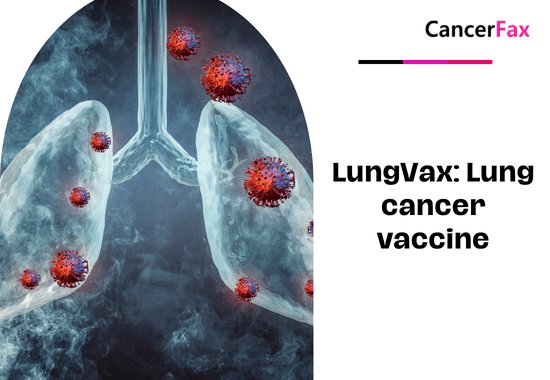The latest shows that a diet without red meat significantly reduces the risk of colon cancer in British women. Researchers at the University of Leeds evaluated whether red meat, poultry, fish or vegetarian diets are associated with colon and rectal cancer risk. When comparing the effects of these diets on the development of cancer in specific subpopulations of the colon, they found that those who frequently ate red meat had a higher percentage of cancers in the distal colon than those without a red meat diet-that is, cancers were found in the distal part of the colon, ie Where to store feces.
The study included 32,147 women from England, Wales and Scotland. They were recruited and surveyed by the World Cancer Research Foundation from 1995 to 1998 and tracked for an average of 17 years. In addition to reporting their dietary habits, a total of 462 cases of colorectal cancer, 335 cases of colon cancer, and 119 cases of distant colon cancer were recorded.
By 2030, it is expected that there will be more than 2.2 million new cases of colorectal cancer worldwide, which is the third most commonly diagnosed cancer among British women. Previous studies have shown that eating large amounts of red meat and processed meat increases the risk of colorectal cancer. It is estimated that about one-fifth of bowel cancers in the UK are related to eating these meats. This study of more than 30,000 people lasted 17 years, and the results are extremely convincing. How should you prevent colorectal cancer, you should know?

